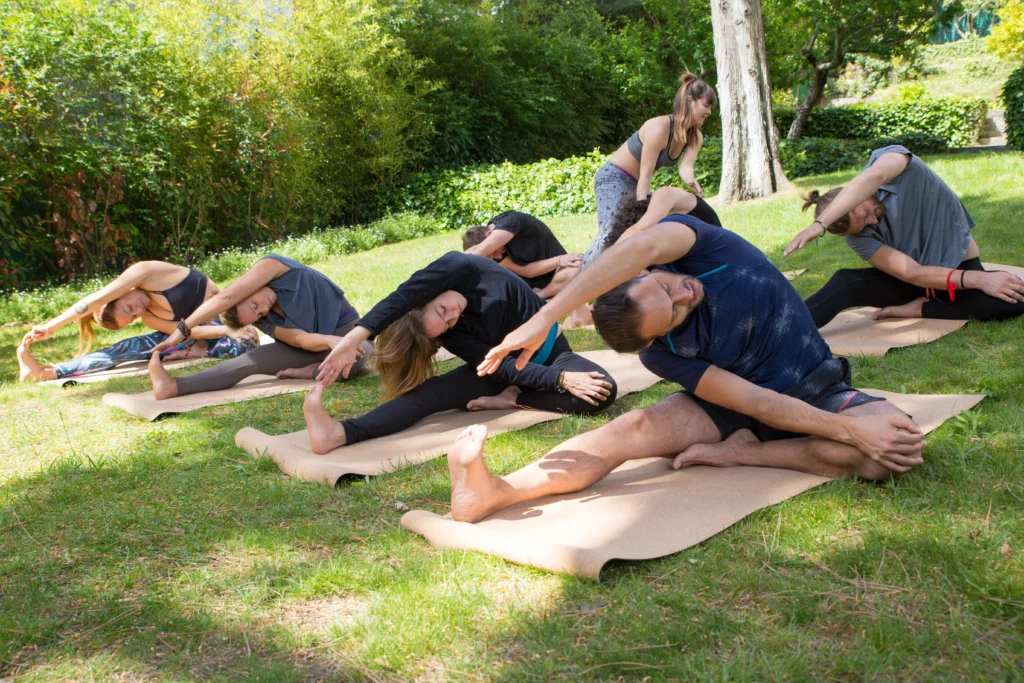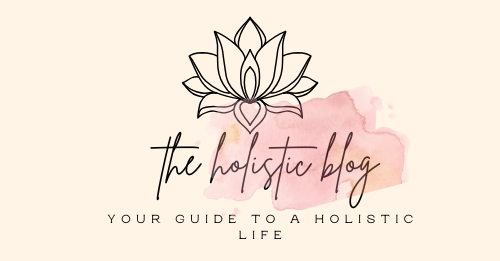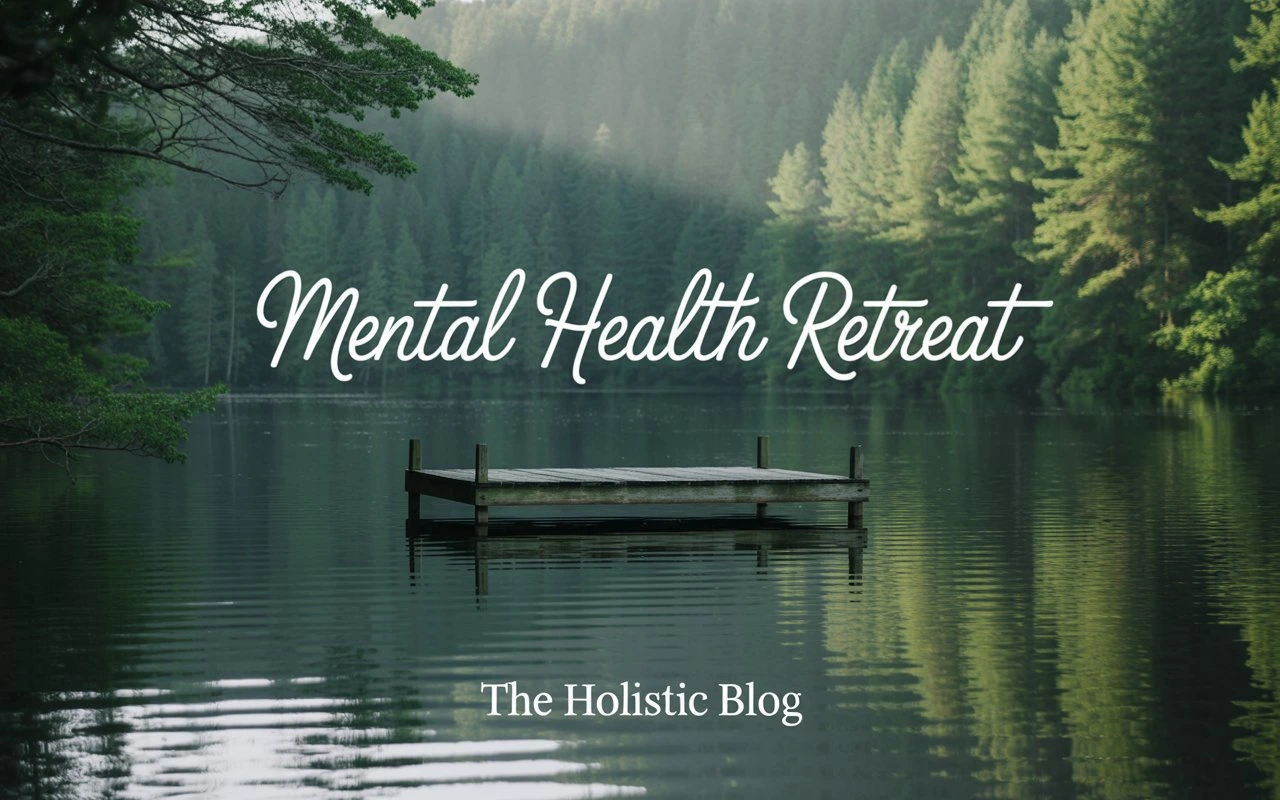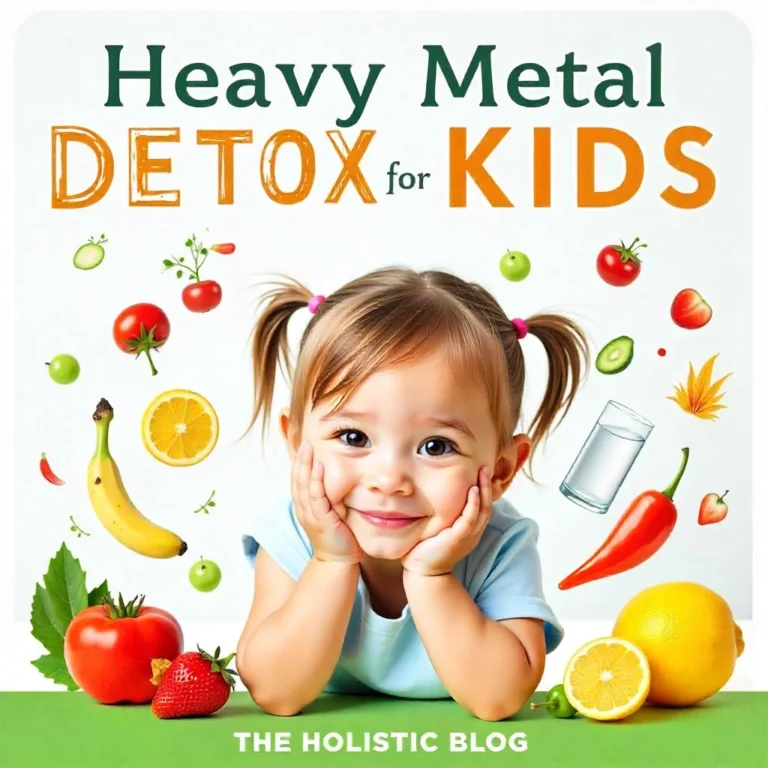7 powerful Benefits of a Mental Health Retreat You Need to Know
Table of Contents
Finding Peace in the Chaos – Why You Might Need a Mental Health Retreat Now
When was the last time you truly paused—not just scrolled less or took a weekend off, but fully disconnected to reconnect with yourself?
If you’ve been feeling like you’re on autopilot, constantly putting out fires, and barely holding it all together, you’re not alone. Burnout, anxiety, and emotional numbness are signs your inner world is begging for a break. But not just any break—a meaningful pause that allows you to reset deeply. That’s where a mental health retreat comes in.
A mental health retreat isn’t just an escape; it’s a space to reflect, heal, and realign with the version of yourself you’ve forgotten. It’s a sacred time dedicated to your emotional, psychological, and spiritual well-being. And maybe—just maybe—it’s exactly what you need right now.
What Is a Mental Health Retreat?
A mental health retreat is an immersive healing experience designed to help you step away from daily stressors and refocus your energy on personal growth and emotional recovery. Unlike a typical vacation that offers temporary relief, a mental health retreat offers guided healing, structure, and a safe environment for meaningful change.
How It Differs from Traditional Therapy
You might be wondering, “How is this different from seeing a therapist?” While therapy is often spread out over months, a retreat provides an intensive and condensed environment where healing accelerates. You’re not just talking about your feelings once a week—you’re living in a space that supports your well-being around the clock.
You’ll engage in a blend of holistic activities, therapeutic sessions, and reflective practices that go beyond conversation. From sunrise meditations to somatic release exercises, everything is designed to bring you closer to yourself.
Supporting Data:
- According to the World Health Organization, one in eight people worldwide lives with a mental health condition.
- Studies published in Harvard Health show that wellness retreats significantly reduce symptoms of anxiety and depression, with effects lasting weeks after the retreat.
Types of Mental Health Retreats and What They Offer
Not all retreats are created equal. Understanding the types of mental health retreats can help you choose what aligns best with your needs and goals.
Holistic Healing Retreats
These focus on your mind-body-spirit connection. Activities may include:
- Yoga and breathwork
- Guided meditation
- Nutritional therapy
- Energy healing techniques like Reiki
Ideal if you’re seeking a gentle, spiritual approach to healing.

Clinical and Therapeutic Retreats
Led by licensed professionals, these retreats are tailored for specific challenges like:
- Anxiety
- Depression
- PTSD
- Emotional burnout
Expect structured therapy sessions, group support, and evidence-based modalities like CBT (Cognitive Behavioral Therapy) or DBT (Dialectical Behavior Therapy).
Nature and Wilderness Retreats
Feeling the pull of the wild? These retreats leverage nature’s healing power with:
- Forest bathing
- Hiking therapy
- Equine therapy
- Digital detoxing
Perfect for you if screen fatigue, over-stimulation, or urban stress is clouding your clarity.

Faith-Based or Spiritual Retreats
Centered around spiritual growth, these retreats offer:
- Prayer and contemplation
- Scripture or text study
- Silent reflection
- Journaling practices
Best if you’re looking to reconnect with your faith or explore your spirituality in a deeper way.
Common Offerings Across All Retreats:
- Safe, serene environments
- Nutritious meals that support mental wellness
- Community circles and sharing
- Workshops focused on self-care and mindset shifts
How to Choose the Right Mental Health Retreat for You
Choosing a mental health retreat should feel like choosing your next chapter—not just another appointment on your calendar. Here’s how to find the one that suits you best.
Factors to Consider
- Your Goal – Are you seeking clarity? Recovery from emotional trauma? A stress detox?
- Location & Length – Would a remote mountain lodge or a beachfront sanctuary help you feel more grounded? Can you commit a weekend or a full two weeks?
- Level of Support – Does the retreat offer access to licensed therapists or medical professionals?
- Modality & Approach – Do you prefer a spiritual, scientific, or blended methodology?
- Reputation – Read reviews, look for accreditations, and ask for referrals if needed.
Questions You Should Ask
- What does a typical day at the retreat look like?
- Is there any follow-up support after the retreat ends?
- How many participants are in each session?
- Are dietary restrictions accommodated?
The Life-Changing Benefits of Attending a Mental Health Retreat
Attending a mental health retreat doesn’t just change how you feel—it can reshape how you live.
Mental and Emotional Benefits
- Reduced anxiety and improved mood
- Greater self-awareness and emotional regulation
- Renewed purpose and life satisfaction
Physical and Lifestyle Improvements
- Better sleep hygiene
- Healthier relationship with food
- Increased energy and motivation
Long-Term Shifts
- Empowered decision-making
- Stronger boundaries and self-worth
- Ongoing wellness habits that stick
Evidence-backed outcomes: According to a study in Psychology Today, participants reported up to a 60% improvement in mental health symptoms after a week-long wellness retreat.
What to Pack and Prepare for Your Mental Health Retreat
You don’t need much—just an open heart, a few essentials, and the courage to take that first step.
Essentials to Pack
- Comfortable, breathable clothing for movement
- A journal and favorite pen
- Personal medications or supplements
- Reusable water bottle
- Quiet-time activities (book, coloring journal)
How to Mentally Prepare
- Set an intention. What do you want to heal, discover, or release?
- Let go of expectations—transformation doesn’t follow a schedule.
- Be open to sharing, listening, and reflecting in ways you might not have before.

Success Stories – Real People, Real Healing
You’re not the only one who’s needed a reset. Here are stories from those who’ve walked this path before you.
Maya’s Story – From Burnout to Balance
A 35-year-old nurse, Maya came to her retreat emotionally drained and physically exhausted. After a week of guided meditation, therapy, and group circles, she rediscovered her joy—and now prioritizes self-care like never before.
Tyler’s Journey – Healing from Trauma
Tyler, a combat veteran, joined a wilderness retreat after years of struggling with PTSD. Through nature therapy and somatic exercises, he found a sense of peace he hadn’t felt in years.
“It was the first time I didn’t feel broken. Just human.” – Tyler
FAQs About Mental Health Retreats
How long is a typical mental health retreat?
Most retreats range from 3 days to 2 weeks, depending on your needs and availability.
Do I need a mental health diagnosis to attend?
No. You don’t need a formal diagnosis. Many people attend for preventive mental wellness, personal growth, or stress recovery
Will my insurance cover a mental health retreat?
Some clinical retreats may be partially covered, especially those run by licensed therapists. It’s best to check with both the retreat and your provider.
Can I go alone?
Yes—and in fact, many do. Solo attendance can lead to deeper introspection and a more personal healing experience
Is a mental health retreat right for me?
If you feel emotionally drained, disconnected from yourself, or in need of guidance, then yes. A mental health retreat offers you the space to reset and rediscover who you are.
Conclusion – Your Healing Journey Begins with One Brave Step
You don’t have to carry everything on your own. You don’t have to hit rock bottom to start putting yourself first. A mental health retreat is more than just a break—it’s a bold, beautiful decision to heal.
In a world that often demands more from you than you can give, imagine choosing rest over hustle, clarity over chaos, and connection over isolation. You deserve to return to yourself—to your peace, your joy, and your strength.








Thanks for ones marvelous posting! I certainly enjoyed reading it, you happen to be a great author.I will always bookmark your blog and will often come back in the future. I want to encourage you to ultimately continue your great job, have a nice evening!
Utterly composed subject matter, regards for entropy. “Necessity is the mother of taking chances.” by Mark Twain.
I feel this is one of the so much significant info for me. And i’m glad studying your article. But want to observation on few basic issues, The site taste is perfect, the articles is in point of fact nice : D. Excellent job, cheers